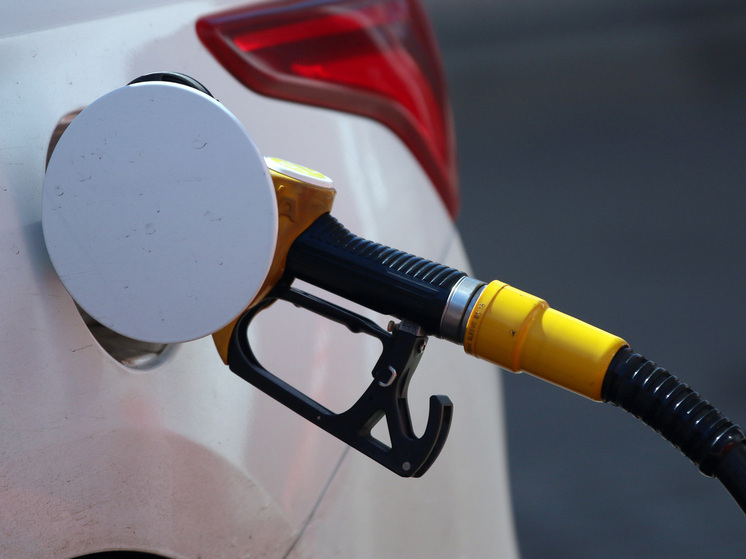Gasoline hits record highs: stock prices rise amid export ban and oil refinery accidents

Expert Yushkov said whether the authorities can extend the ban on gasoline exports until September
Gasoline stock exchange quotes continue to update historical maximums: since the first days of August, after the introduction of a complete ban on exports, they have added 3-4%, and there is no end in sight for this process. AI-95 has risen in price to 80.20 thousand rubles per ton, AI-92 - to 68.59 thousand per ton. The growth in prices accelerated due to emergency shutdowns of refineries (coinciding with scheduled repairs), and the Ministry of Energy announced that the lost production volumes will be compensated in the near future.

test banner under the title image
"Restoration work is being carried out at an accelerated pace, reserve primary and secondary processing units are being introduced, the volume of primary oil refining and fuel production at a number of refineries is increasing," the agency reported. In turn, the FAS, in order to minimize the risks of unjustified price increases, proposed increasing the minimum volume of gasoline sales on the exchange from 15% to 17%. And the government plans to expand the opportunities for producers to receive damping payments in the fall. This involves increasing the threshold for deviation of wholesale prices (from the level specified in the Tax Code) from 10% to 15% for gasoline, and from 20% to 25% for diesel fuel.
Overall, the situation is quite tense; the growth rate of stock prices is outpacing inflation. Despite the fact that Russia has been experiencing deflation for the past three weeks. According to analysts, scheduled maintenance at refineries will not be completed before mid-September, and unscheduled maintenance is unknown. In addition, in August, demand for gasoline (from car owners) and diesel (mainly for agricultural machinery) is traditionally high: due to the holiday season and the beginning of the harvest campaign. Situational factors such as periodically recurring disruptions on airlines, overloaded rail service on southern routes, and expensive plane and train tickets also play a role.
- Apparently, oil companies are trying to maximize their income, including to compensate for what they will not receive from the ban on gasoline exports, - Igor Yushkov, an expert at the Financial University under the Government of the Russian Federation, said in an interview with MK. - In this regard, we can talk about a certain conflict of interests between the government and producers. Demand is high now, a lot of fuel is consumed in August, and accordingly, oil companies have almost no surplus for additional sales through the exchange. It is not saturated, and there is no point in companies holding back price growth.
True, if the average monthly quotes deviate too much from the threshold set by the government, they risk not receiving the damper payment. Therefore, I think that producers will try to maintain a certain balance: on the one hand, not to overdo it with prices, and on the other, to compensate for the shortfall in exports.
-Can the authorities extend the ban, which is in effect until the end of August, into September?
- It all depends on how things develop on the stock exchange. The government has made it clear that if wholesale prices fall, this will not happen. But so far, everything is moving towards the fact that the ban will be extended for another month, and the decision will be made in the coming days. In September, the consumption of petroleum products in the country traditionally decreases, so there will be more surplus in the production of gasoline, and these volumes will end up on the stock exchange in any case. And then, in the event of saturation of the wholesale market, we should expect a decrease in quotes.
As for the retail sector, fuel is bought there by so-called independent petrol stations, which do not have their own processing facilities. Dependence on the stock market situation is not always direct, but if prices on the stock exchange rise, then petrol stations are forced to gradually raise them.

mk.ru





